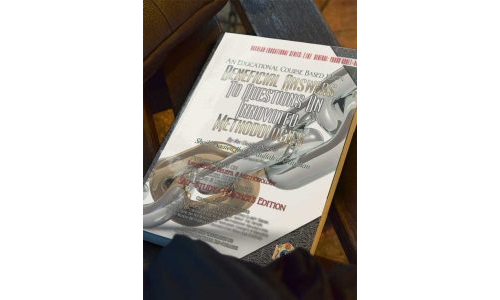When Differences Arise
Source: Sheikh Muhammad Bazmool
When Differences Arise 1
It is not part of the usool of fiqh to cite the fact that there are differences of opinion in some matter in order to claim a proof for the permissibility of taking any position regarding that issue. That is because if this difference of opinion is regarding a matter in which the evidence clearly indicates what ought to be followed, then it is a must to follow the position which the evidence indicates and it is not permissible to oppose this position and take an alternative position.
But if there is a difference of opinion regarding a matter where that is permissible, meaning an issue which allows for ijtihad in which the evidence does not clearly demonstrate what is mandatory to follow, then in the face of these different positions the condition of the Muslim must be one of these three:
-either he is a layman
-or he is a follower
-or he is capable of making ijtihad
As for the layman, then there is no other permissible option for him when he does not have knowledge of the issues except to refer back to a scholar who is reliable in his deen and knowledge and to take a fatwaa from him.
As for the follower, then he takes the evidence which he understands.
And as for the one capable of making ijtihad, then the only permissible option for him is to make ijtihad regarding that issue if he is able to do so. If not, then he reverts back to the position of the follower or layman (regarding his approach to this matter).
So according to what has been expressed, it has been made clear – God-willing – that the mere presence of differing regarding some issue does not make it permissible for a Muslim to adopt any position regarding that issue, for this resembles the following of desires. And Allah is the granter of success.
_____________________________________________________________________




![30 Days of Guidance: Signposts Towards Rectification & Repentance - [Book 3] Preview](https://taalib.com/wp-content/uploads/wpdm-cache/1book-whereisyourlife-1024-500x300.jpg)
